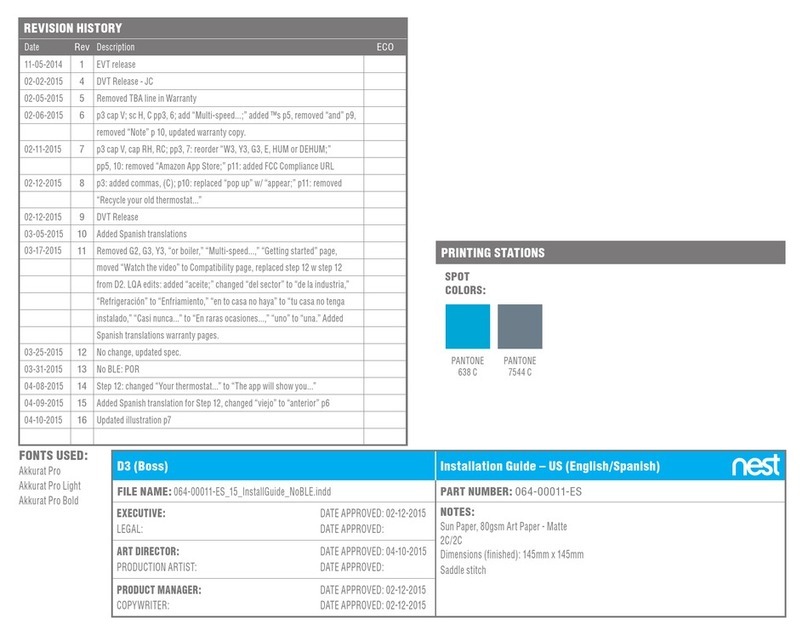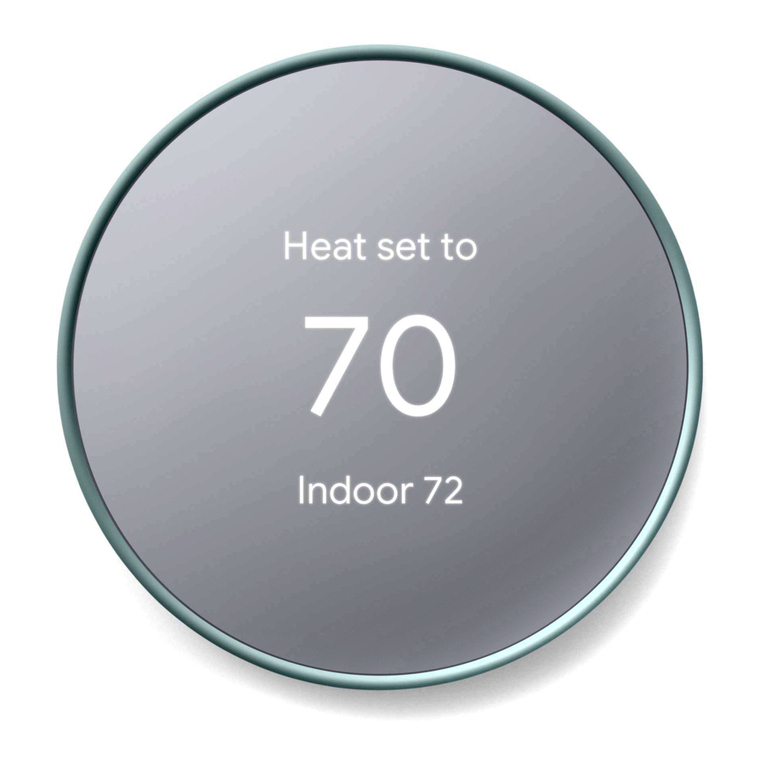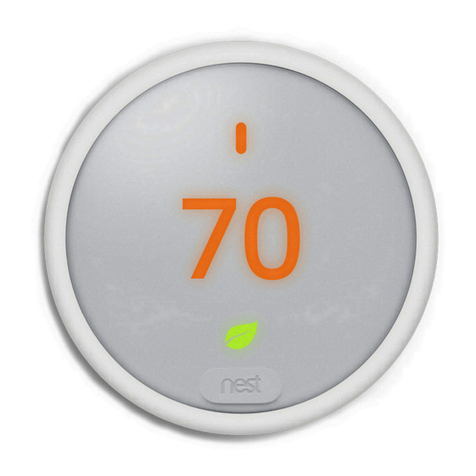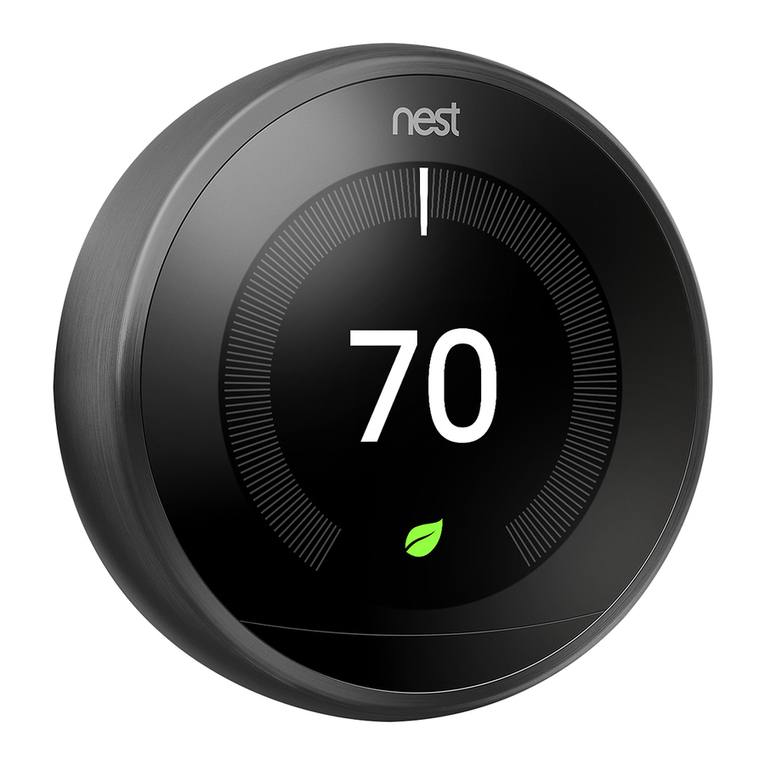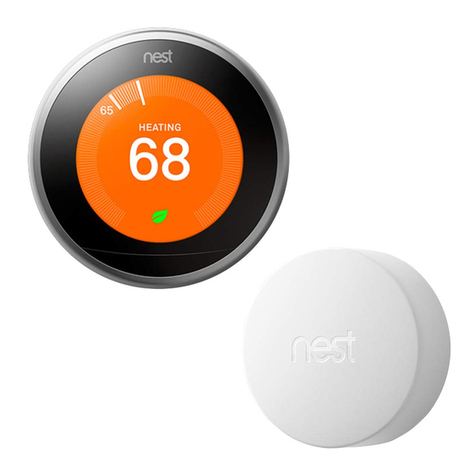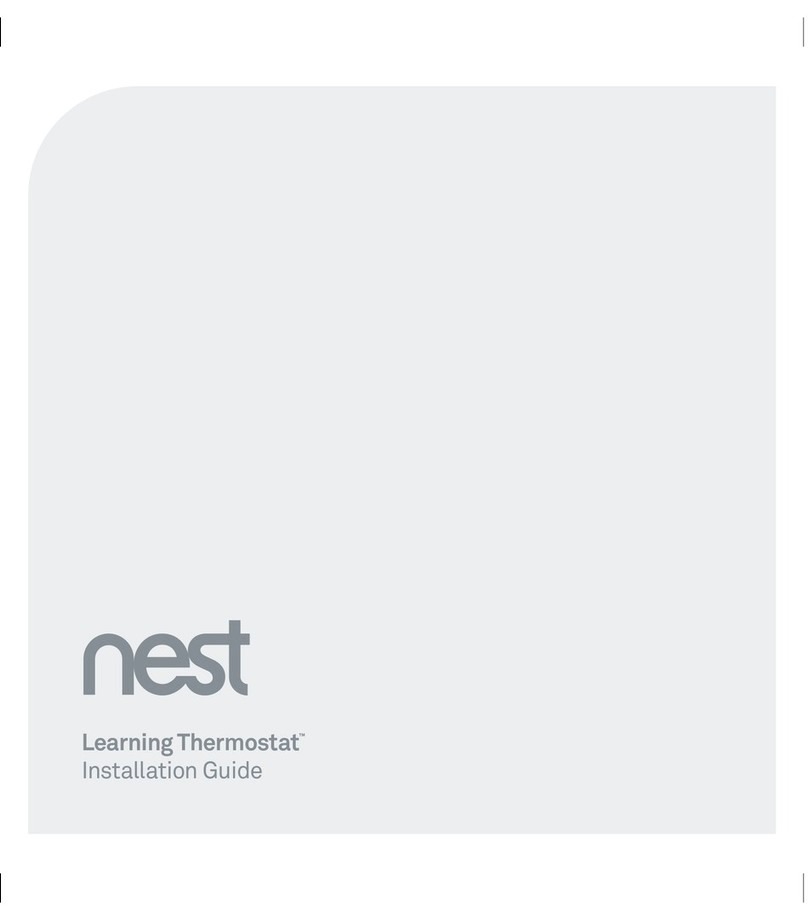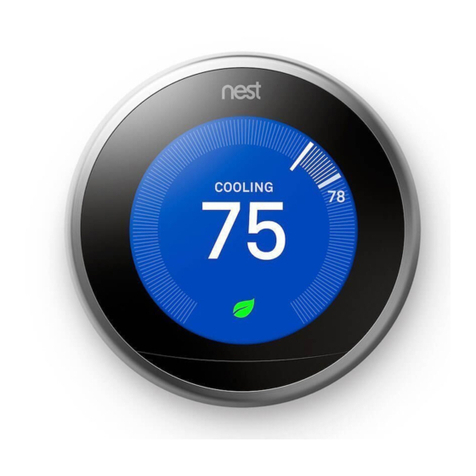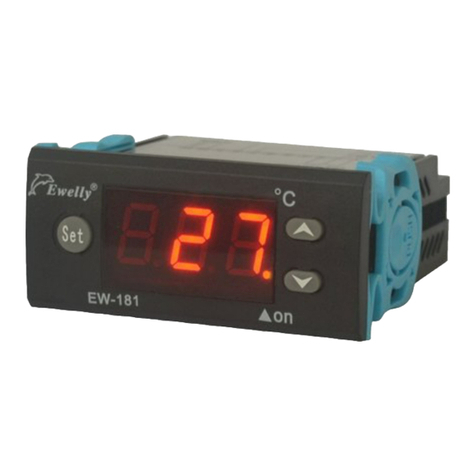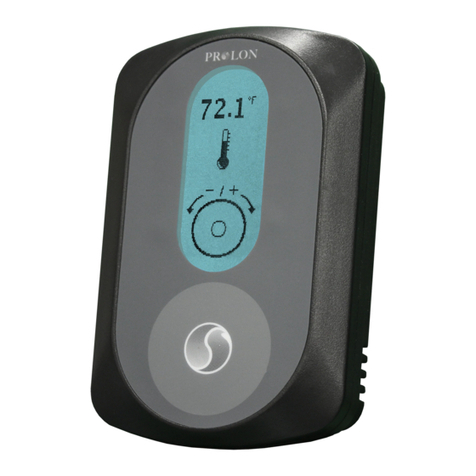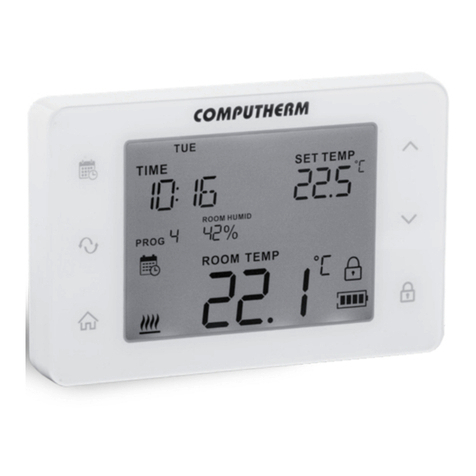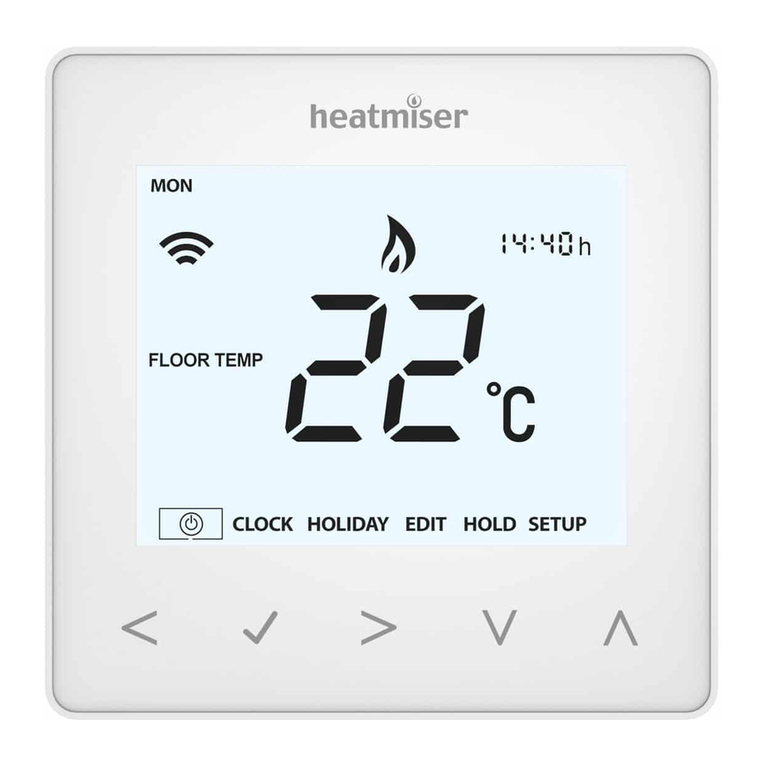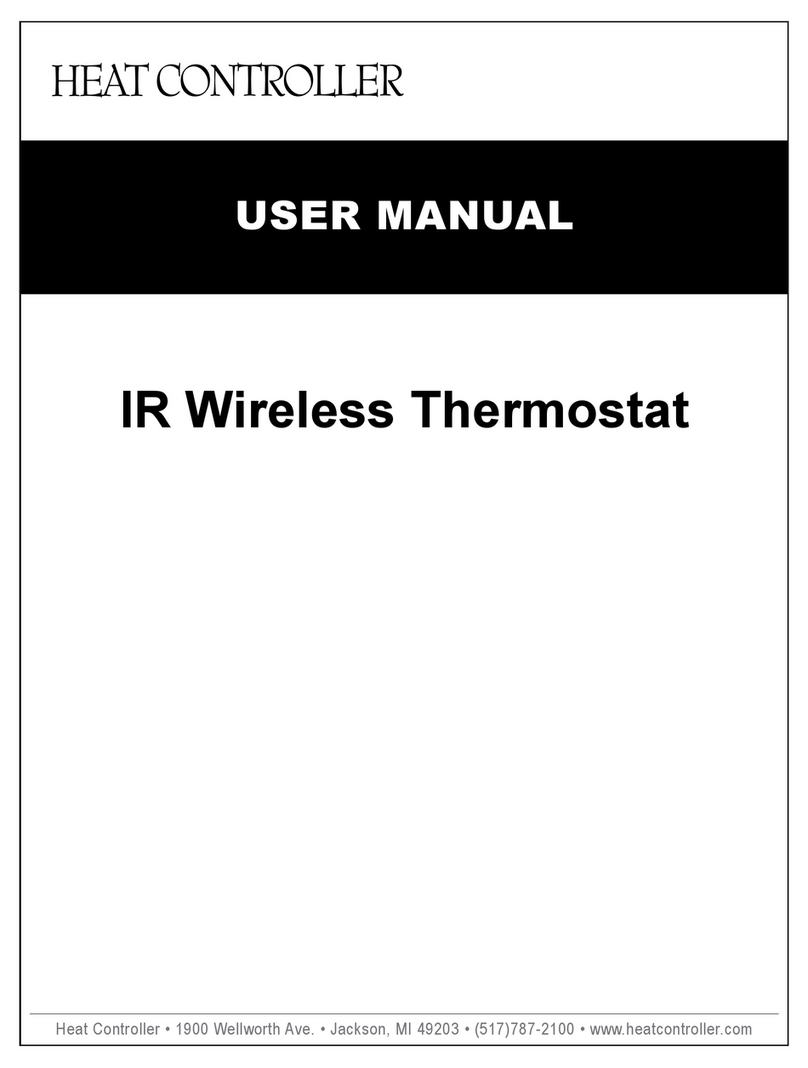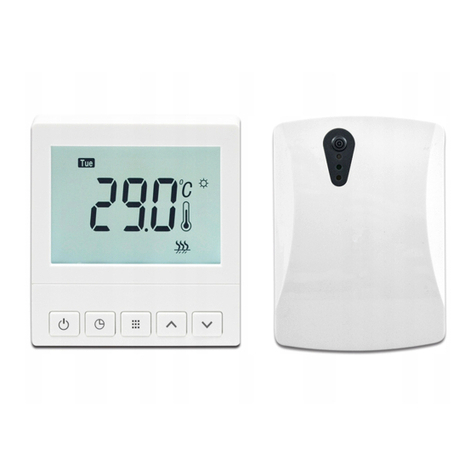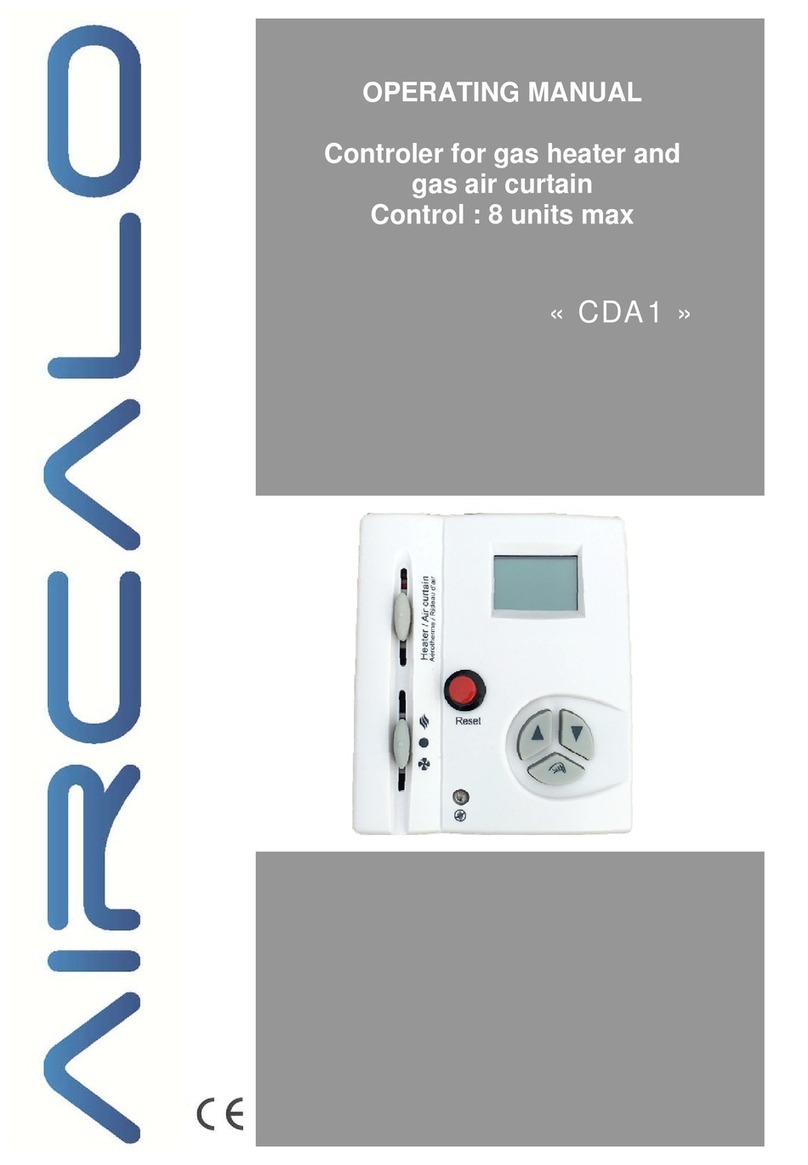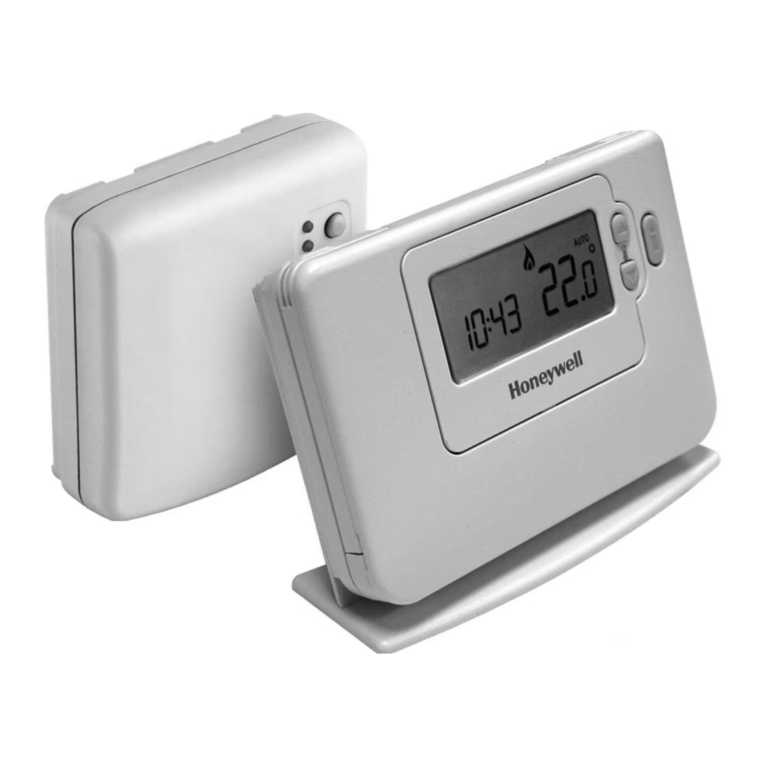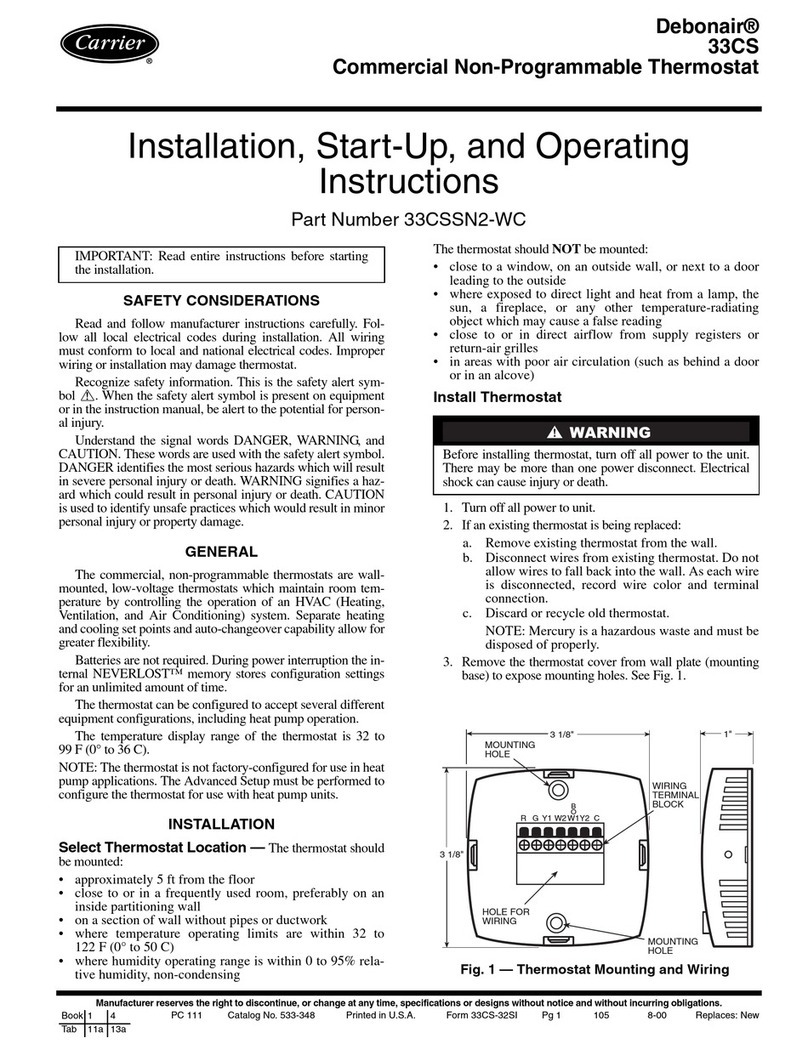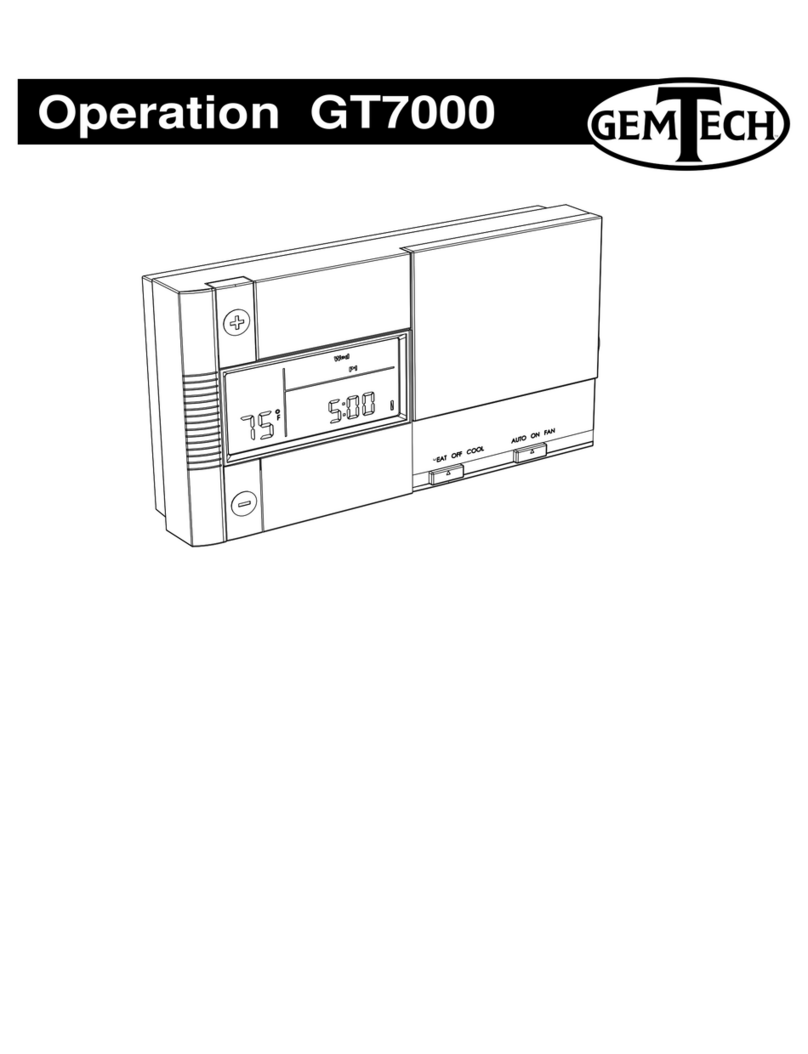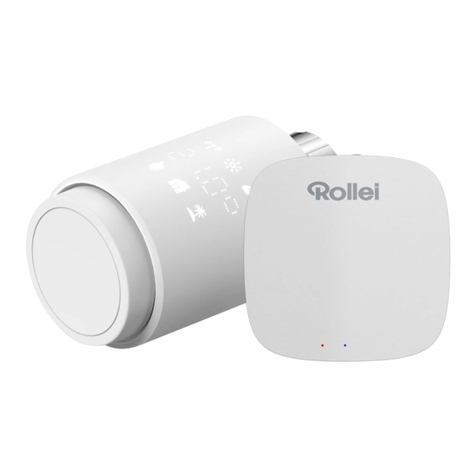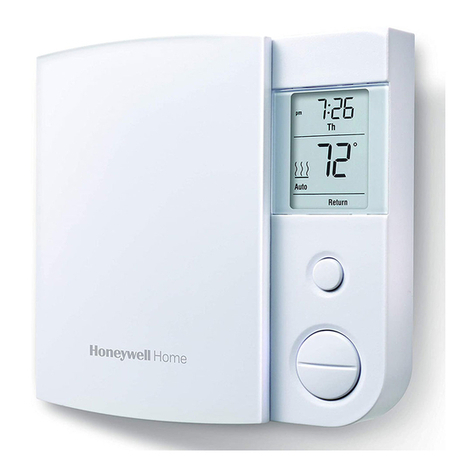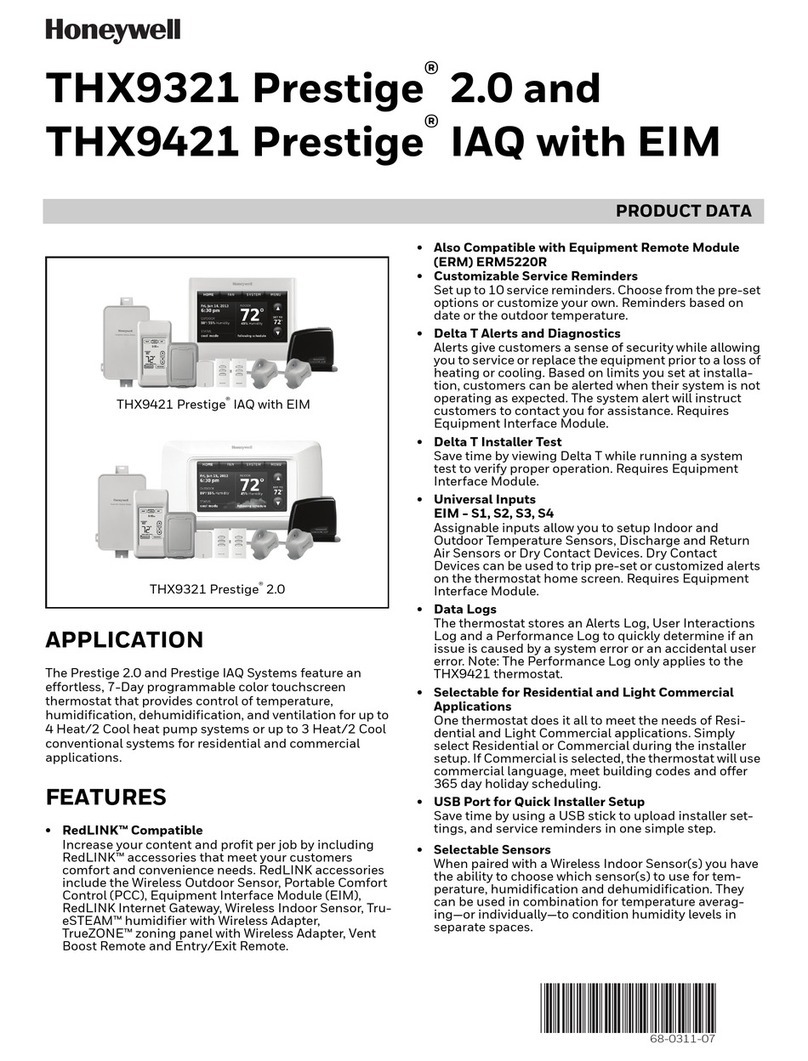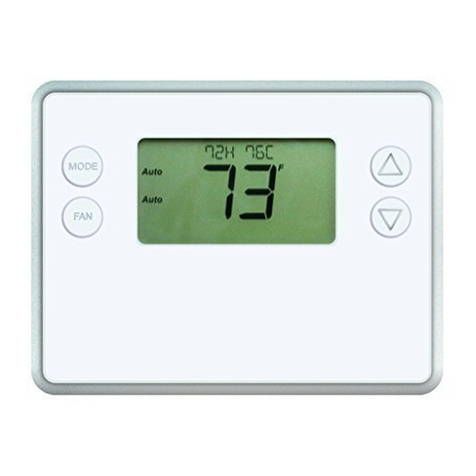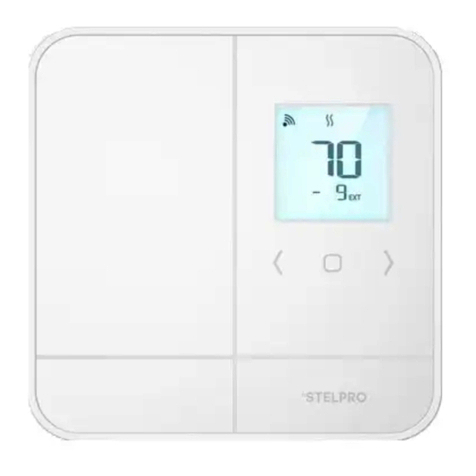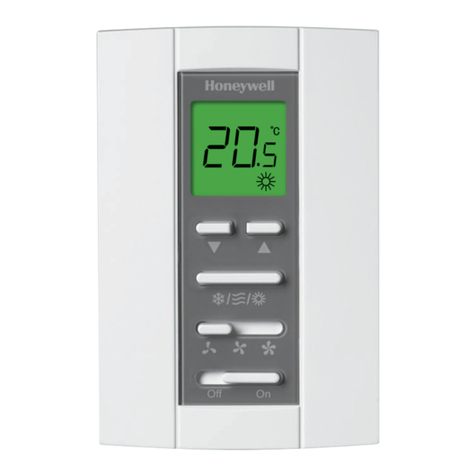6
You may want to install the Nest
Thermostat somewhere new
Many wired thermostats are installed
in rooms that are rarely used, so the
temperature that they sense can be
warmer or cooler than the temperature
that homeowners feel.
If the current thermostat isn’t in a good
location, install the Nest Thermostat
in a new place with the Nest Stand
(sold separately) in a room that’s used
more often.
→ Placement guidelines on page 12.
Where should you install it?
• Place it within 30 metres of the Heat
Link. Closer is generally better. Walls
and large objects between them can
affect their communication range.
• The Nest Thermostat should be in a
room that’s used often so that it can
read the right temperature, can sense
when the home is empty and know
when to automatically turn down
the heating.
• It should have a clear view of the room.
• Wall-mounted thermostats should
be installed on an interior wall.
• Make sure that it’s away from draughts
and heat sources.
• For zoned systems, install the
thermostat in the zone that
it’s controlling.
Before you start
